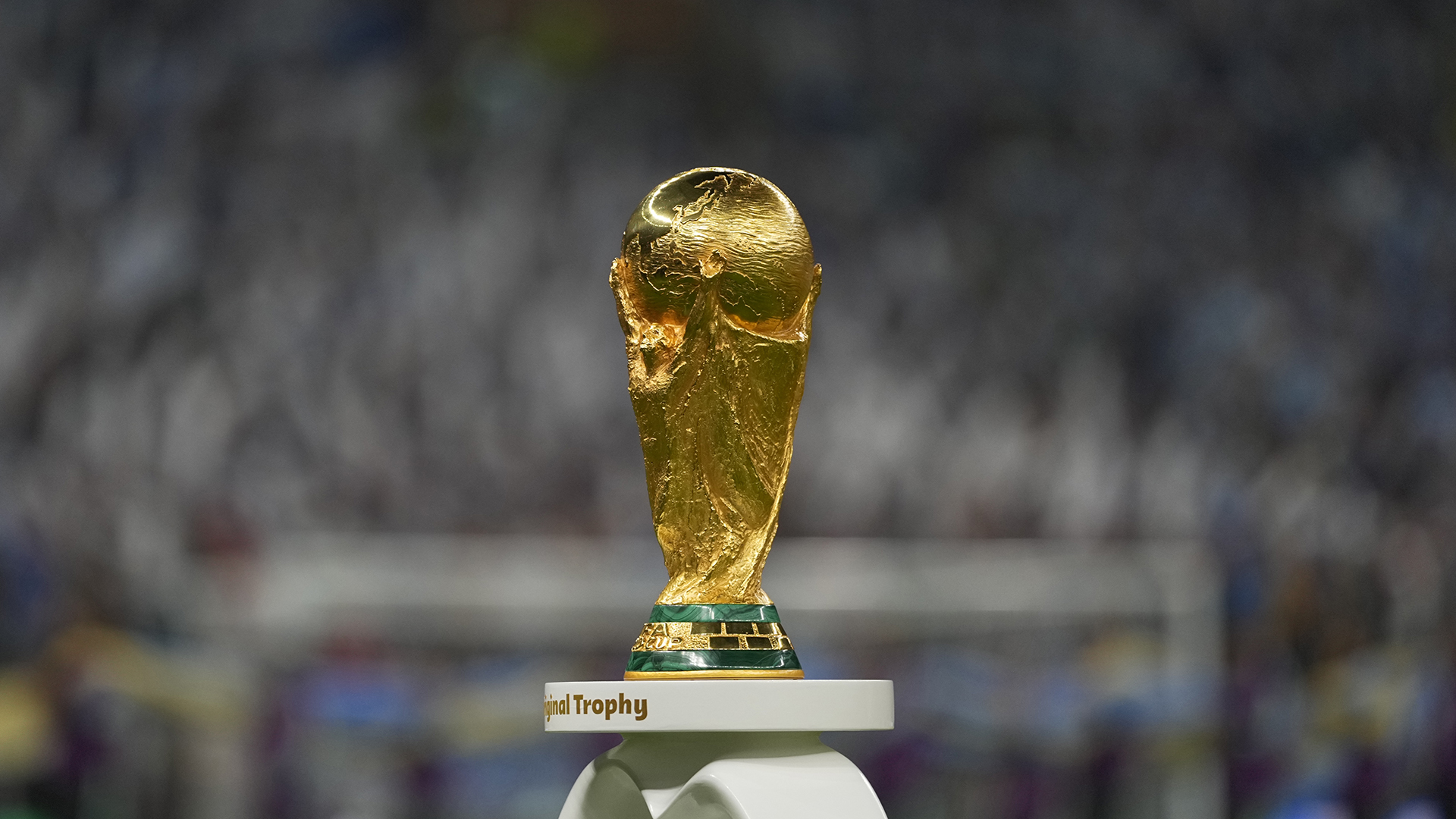The celebration of maximalist excess that will be the 2026 World Cup just got a little bit bigger. Having already ballooned the world's biggest soccer tournament to 48 teams, FIFA has now withdrawn its proposed plan to have three-team groups in favor of keeping the four-team groups that the World Cup has historically had. This means that, when the dust clears in the U.S., Canada, and Mexico, there will have been 104 games played to crown a champion. For reference, the 2022 World Cup—and every other World Cup with 32 teams, dating back to 1998—had a pitiful-by-comparison 64 matches.
The original plan for the 2026 World Cup was to have 16 groups of three, in which the top two in each group advanced for a 32-team knockout round. This would have meant 80 games, already increasing the number from the most recent format, but there were definitely drawbacks to this.
First off, the group stage is the most chaotically fun part of any international tournament, so robbing each group of a fourth member meant decreasing the most entertaining segment of the World Cup. Of particular note would be the lack of simultaneous group games at the end of the stage; one team would already be done with its obligations and would have no impact on the final day of the group stage, instead watching from afar like everyone else.
Perhaps more concerning for competitive balance, by having uneven groups, FIFA was opening itself up to potential match-rigging. Seeing as how the last two teams to play in each group would know exactly what they needed to both advance, it would not be out of the realm of possibility that there would be some collusion to ensure mutual safety at the expense of the third groupmate. This isn't really a hypothetical: In 1982, Austria and West Germany did just that, at the expense of Algeria, and FIFA had to change its scheduling to make sure all third games in a group were played at the same time.
By moving back to four-team groups, FIFA is resolving the most pressing issues of the 2026 World Cup, but it is opening up more problems that come with the gargantuan nature of a 48-team World Cup. The first is one of time: How do you fit in 104 games into a month, as every World Cup has usually fallen into that time frame? The answer appears to be that you don't: FIFA is currently planning to stretch the tournament out nine more days, while shortening the pre-tournament training window from 23 days to 16. In theory, this should keep the tournament at around the same amount of time for players, albeit with more of a crunch from the end of the club soccer season.
The other, less annoying problem is that now FIFA will have to deal with the third-place teams algorithm to determine the 32 teams heading into the knockout rounds. The top two teams in each of the planned 12 groups will advance, that's easy enough. For the remaining eight slots, FIFA will have to select the eight best third-place teams, which is something that it did in the past, most recently at the 1994 World Cup. It's a fine enough method, but does make the tournament a bit more opaque, because it's not as simple as looking at the standings to know who's in and who's out; instead, there is a whole other table which opens up a whole other set of calculations to figure out the best third-place teams.
In all, though, this feels like a net positive of a change for a World Cup that is already such a big undertaking and a big shift from the traditions of the tournament. Throwing in more games is, on paper, a boon for fans, especially those from countries who will likely not scrape through to the knockout rounds. Speaking as a Venezuelan, I would have been disappointed if my country had made it to the World Cup for the first time ever, only to go home after just two games. As for the strain that a longer World Cup will put on the club soccer seasons, both the preceding one and the one that follows, well ... FIFA already made it clear that it doesn't care about that with the mid-season 2022 World Cup, so this change falls in line with the organization's current philosophy: more money for them, more problems for everyone else.





